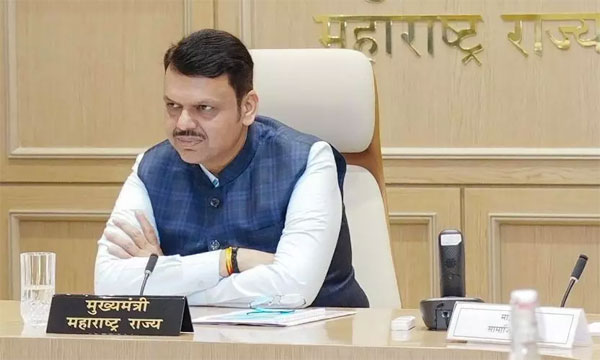Daijiworld Media Network - Mumbai
Mumbai, Sep 30: The Maharashtra cabinet, led by chief minister Devendra Fadnavis, on Tuesday approved the Global Capability Centre (GCC) Policy 2025, aiming to position the state as a premier hub for multinational investment and innovation, in alignment with Viksit Bharat and Viksit Maharashtra 2047 missions.
The new policy is part of the state’s larger strategy to achieve its $1 trillion economy goal by 2030, while maintaining its lead in attracting both domestic and foreign direct investment. It seeks to encourage the expansion of GCCs beyond traditional metros into Tier-2 and Tier-3 cities, fostering inclusive, knowledge-driven growth.

The cabinet’s decision closely follows the Confederation of Indian Industry’s (CII) Model State GCC Policy, which provides a blueprint for states to build their own GCC ecosystems. With nearly 95% of India’s 1,800+ GCCs concentrated in just six Tier-1 cities, Maharashtra’s new policy is seen as a move to diversify the GCC footprint, create high-quality jobs, and build globally benchmarked innovation hubs in emerging regions.
In a significant healthcare reform, the cabinet also approved a comprehensive state cancer care policy, establishing a three-tier treatment system aimed at providing quality and accessible cancer care. Eighteen hospitals across Maharashtra will now offer specialized cancer treatment, supported by the formation of the Maharashtra Cancer Care, Research and Education Foundation (MAHACARE Foundation). An initial corpus of ?100 crore will be allocated as share capital to operationalize the foundation.
On the energy front, the government has cleared a proposal to levy additional electricity sales tax on industrial, commercial, and other non-domestic consumers. The funds generated will support solar agricultural pump schemes under the Pradhan Mantri Kusum Ghatak-B initiative, ensuring sustainable energy access for farmers.
To modernize governance, the cabinet gave the green light for the establishment of MahaGeotech Corporation, which will leverage Geospatial Technology for strategic planning and real-time decision-making across sectors.
Additionally, the cabinet approved the creation of a civil court in Phaltan, Satara district, along with the requisite staffing and funding provisions, enhancing judicial infrastructure and access to justice in the region.